Roti Canai Prices Set To Rise Again Following International Export Bans & Fall In Ringgit Value
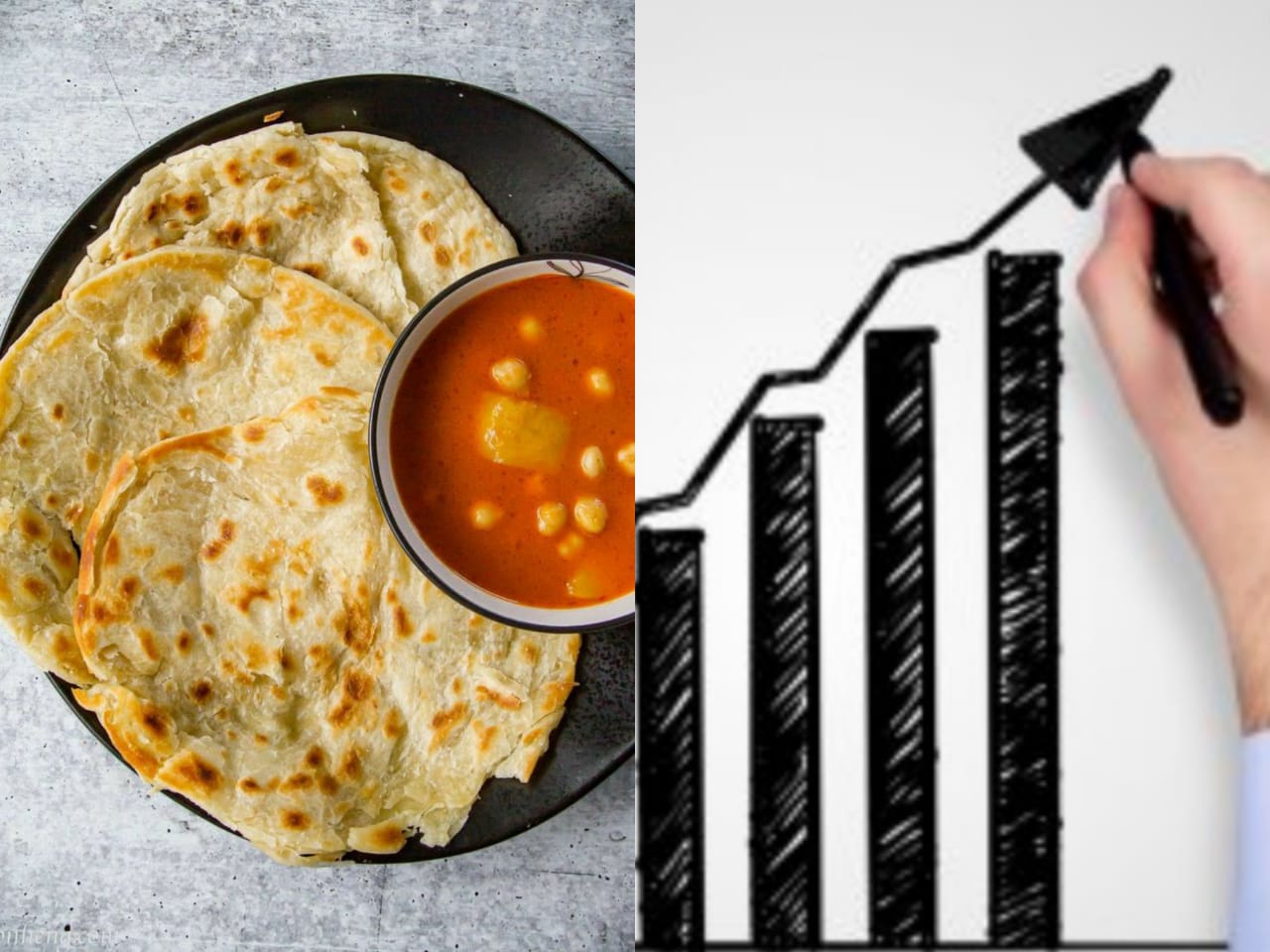 Thirsty for JUICE content? Quench your cravings on our Instagram, TikTok and WhatsApp
Thirsty for JUICE content? Quench your cravings on our Instagram, TikTok and WhatsApp
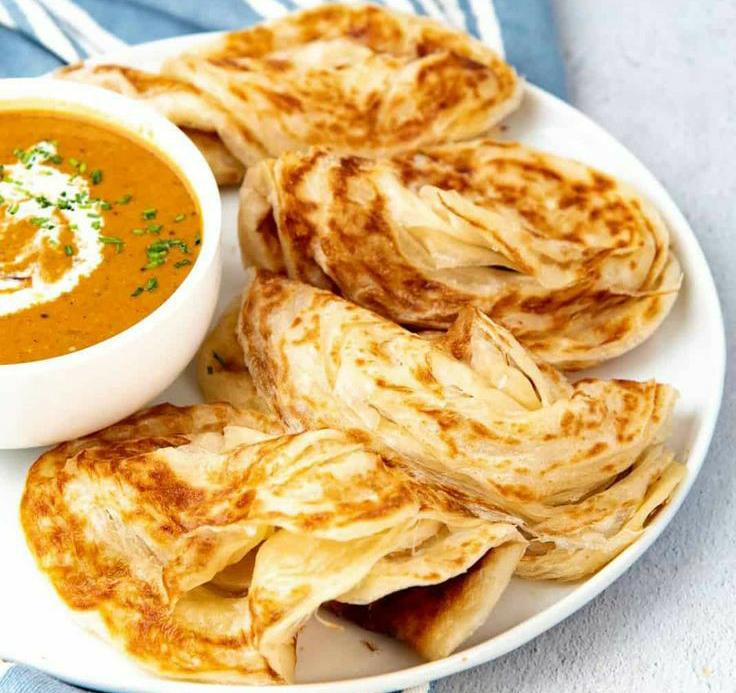
If the cost of ingredients cannot be constrained, the price of roti canai may rise up to 50 sen, despite a May 14 declaration from the domestic trade and consumer affairs ministry that India’s wheat export ban would have no consequence on Malaysian wheat supply.
This is because the country imports 80 percent of its wheat from Australia and the rest from the United States, Canada, and Ukraine.

Datuk Jawahar Ali Taib Khan, president of the Malaysian Muslim Restaurant Owners Association (Presma), concluded that the current roti canai prices remained unchanged so far, ranging from RM1.20 to RM1.70 per piece.
“Despite rising prices of goods such as dhal (lentils) and cooking oil, most mamak restaurants across the country are operating normally.
“Just a couple of days ago, local suppliers announced that the cost of a box of 100 roti canai dough would be expected to raise to RM2 on June 10, but we cannot ultimately raise prices on those grounds.
“However, if the price increase continues unabated, roti canai prices will rise indefinitely because we need to serve customers, and mamak shops are like a second home for Malaysians.
“Upping the roti canai costs up to 50 sen is too significant, and 10 sen is sufficient if you sell a considerable quantity of roti canai, such as 1,000 pieces per day,” he said, when approached by NST.
Jawahar also claimed that wholesalers were forced to raise prices due to inevitable conditions such as a labour shortage and a decline in ringgit value.
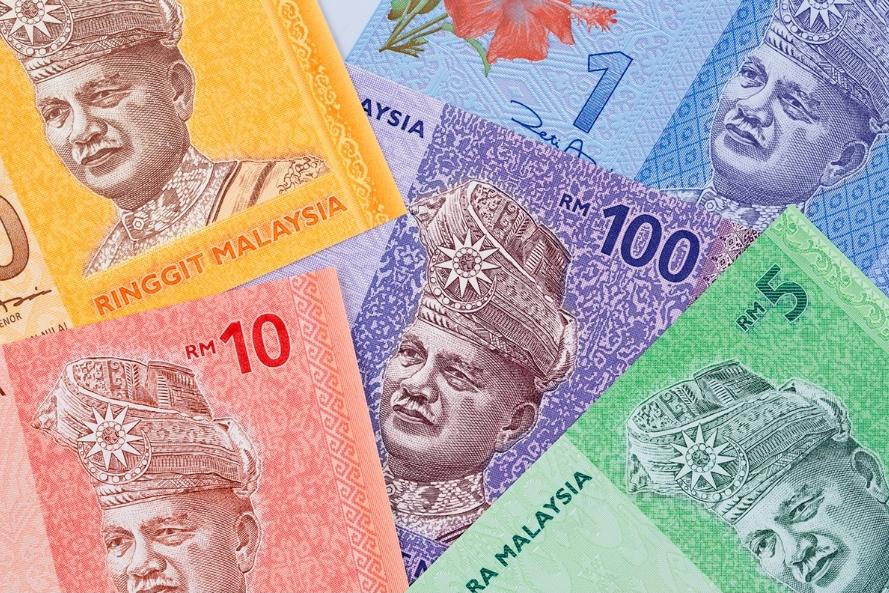
“Shop owners must comply with the uptick because we do not make our own roti canai but purchase it from suppliers,” he said.
Jawahar also asserted that Presma has been monitoring product price increases with the Domestic Trade and Consumer Affairs Ministry. He also urged customers to file a complaint with the ministry about eateries that charge outrageous prices for roti canai.
Finally, Jawahar acknowledged that this is the fourth time this year that local suppliers have hiked the cost of roti canai dough.
Although some business owners such as 58-year-old Mustafa Abd Latif managed to retain cheaper prices amidst the prior price hikes, it is unclear whether they may be able to continue doing so.

Meanwhile, J Suresh, president of the Malaysian Indian Restaurant Owners Association (Primas), also stated that the latest development would have an impact on restaurants.
“Although restaurants have increased their prices recently, there is a possibility of a further price hike,” he said.
He told FMT that restaurants might opt for alternatives to wheat flour if its price kept rising.
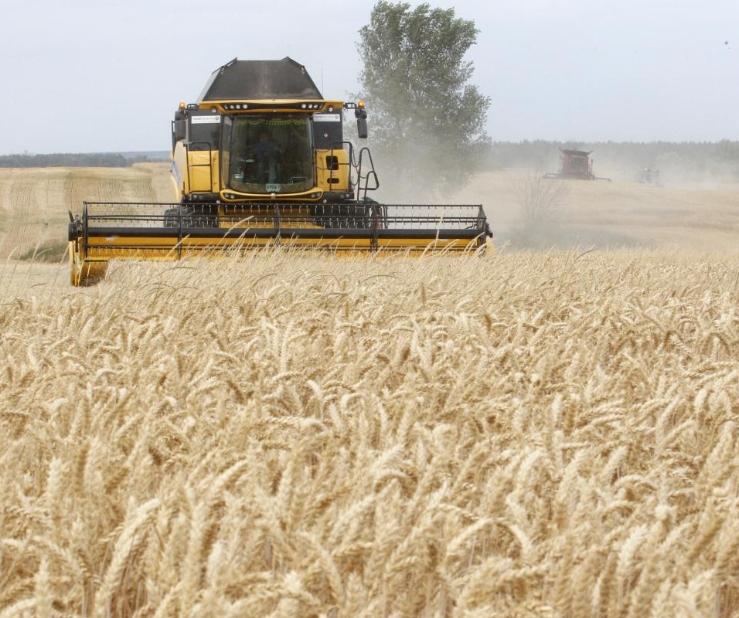
Russia and Ukraine account for nearly one-third of global wheat exports.
Following rising temperatures that affected crops, India, the world’s second largest wheat producer, placed a ban on wheat exports in May, further reducing global wheat provisions.
On Sunday, Deputy Domestic Trade and Consumer Affairs Minister Datuk Rosol Wahid stated that the country’s wheat flour supply was secure.
Since last month, the country has been dealing with food shortages, such as chicken and pork, as well as price hikes for other necessities, such as fish.
Because of a shortage of workers, vegetable costs in the country have risen since the end of last year.
This reduced vegetable production by 40 to 50 percent, causing some vegetables’ prices to triple.
Datuk Seri Dr Ronald Kiandee, Malaysia’s Agriculture and Food Industries Minister also noted on May 17 that Malaysia was not the only country experiencing food shortages due to high transportation and production costs.
He mentioned that the government was taking steps to address rising food prices.
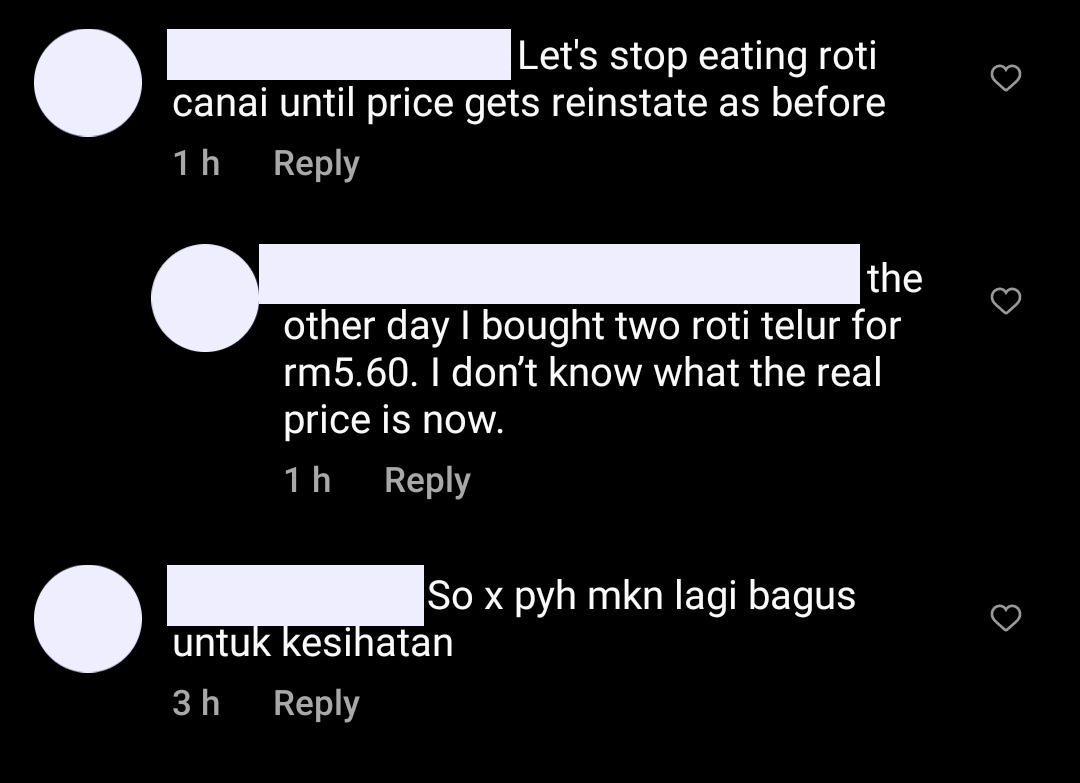
Regarding the matter, netizens are baffled to say the least and seem to already be facing the effects of exorbitant ingredient rates. This is contradictory to Jawahar’s claim that restaurants have yet to raise their prices.
Food shortages can be tedious especially when they involve our staple comfort foods, and some roti canai enthusiasts even suggested avoiding the dish altogether until the prices go back to normal.
Satirical or not, these comments definitely portray how the price surge has confused and irked locals.
To roti canai lovers out there… Doughn’t be upset, we knead to stay positive!


 Get Audio+
Get Audio+ Hot FM
Hot FM Kool 101
Kool 101 Eight FM
Eight FM Fly FM
Fly FM Molek FM
Molek FM
